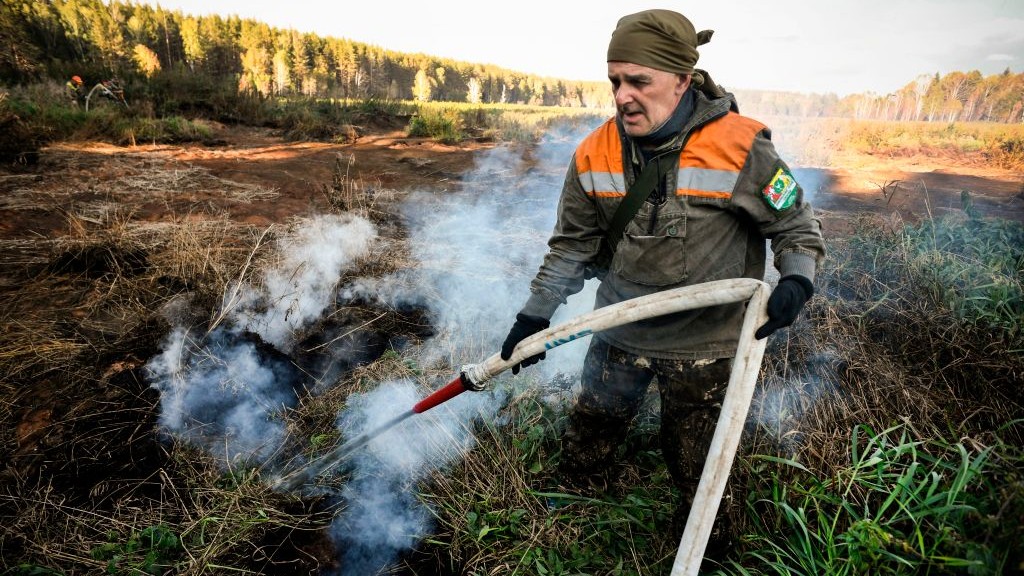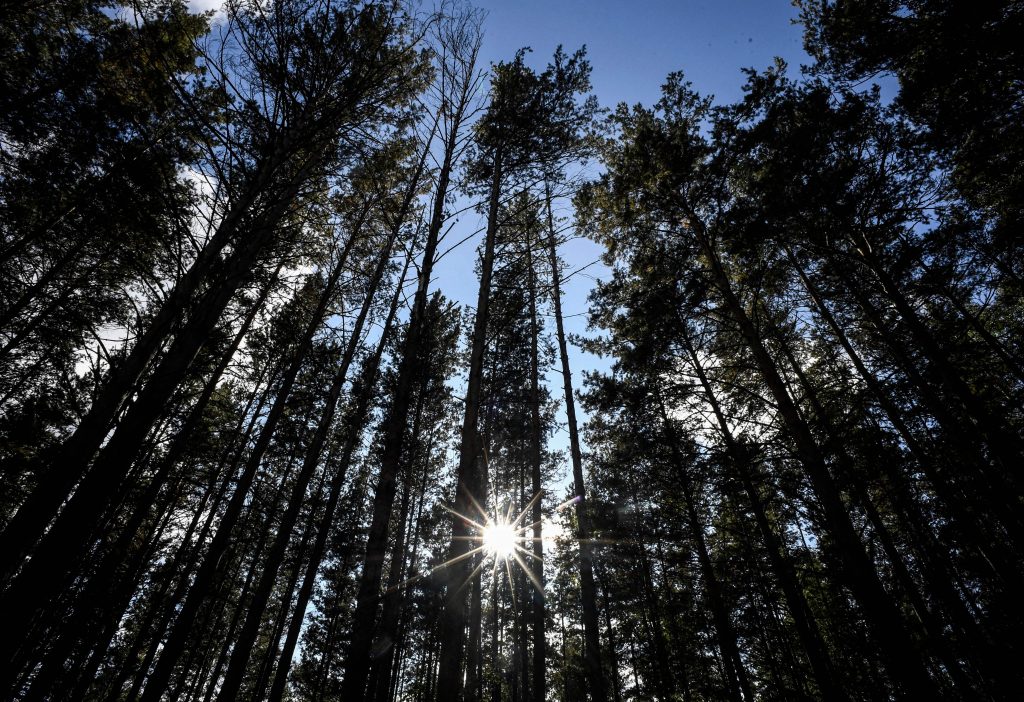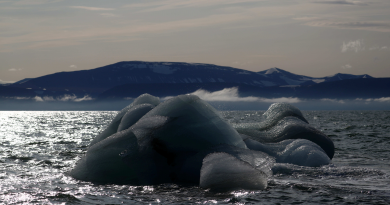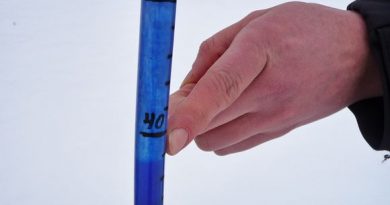Siberia’s 2020 heat wave left lasting impacts on Arctic, study finds

The 2020 Siberian heat wave continued to leave its mark more than a year later, according to recent research.
The study, published in the journal Global Biogeochemical Cycles, said that the effects of that year’s extreme weather continued into 2021, altering soil conditions, changing plant growth, and influencing the release and uptake of carbon dioxide in the Arctic.
“Our results highlight that the effects of [heatwaves] can persist aboveground (vegetation) and belowground (soil temperature and moisture) and significantly affect carbon pools and net CO₂ fluxes in the following year,” the authors said.
- lasted from January to March 2020, one of the most extreme Arctic heat events
- triggered earlier snowmelt, plant growth
- soils drier by late summer, cutting carbon uptake
- effects continued into 2021
Warmer and wetter soils
To do the study, researchers used climate models to compare what actually happened during the 2020 Siberian heat wave with alternative scenarios in which the heat wave never took place.

When they examined the data, they found that soil in central Siberia was still about 1.2 C warmer and held roughly 20 kg more water per square metre in the top meter of ground than if the heat wave hadn’t taken place.
“The high air temperature [heatwave] in early 2020 combined with more snow in late 2020, kept the soil warmer and wetter until early 2021, and this warm and wet soil condition in 2021 due to the 2020 climate promoted higher CO2 emissions ,” the study authors said.
Those warmer, wetter soils caused more microbial activity, releasing additional carbon dioxide into the air — about 0.04 grams per square metre each day in early 2021.
Forests and grasslands respond differently
But the heat wave didn’t affect the different parts of the Siberian landscape in the same way.
In 2021, the warmer, wetter soils caused forests to store more carbon.

Meanwhile, grasslands absorbed less carbon dioxide and actually lost some of the carbon they usually keep in the ground.
Scientists say the long-lasting after effects of heatwaves are being seen worldwide:
- Europe 2018: Left soils dried, cut following year’s crop harvests
- Australia 2019: triggered bushfires, ecosystem damage
- Siberia 2020: Warmer soil, carbon shifts lasting into 2021
Broader implications
The study’s authors say their findings show how extreme weather events in the Arctic continue to impact the environment even after the event has passed.
“These changes in the soil environment and vegetation can modify carbon dioxide fluxes for more than a season or a year, as ecosystems may take several years to recover from disturbances,” they said.
Comments, tips or story ideas? Contact Eilís at eilis.quinn(at)cbc.ca
Related stories from around the North:
Canada: Hot, dry conditions hamper efforts to fight some N.W.T. wildfires, CBC News
Greenland: Alarming, above-average ice loss in Greenland due to rising temperatures, Eye on the Arctic
Norway: Svalbard glacier once survived a warmer climate, The Independent Barents Observer
Russia: Melting permafrost may release industrial pollutants at Arctic sites: study, Eye on the Arctic
Sweden: High risk of wildfires in many parts of Sweden, including North, Radio Sweden
United States: Bursting ice dam in Alaska highlights risks of glacial flooding around the globe, The Associated Press



